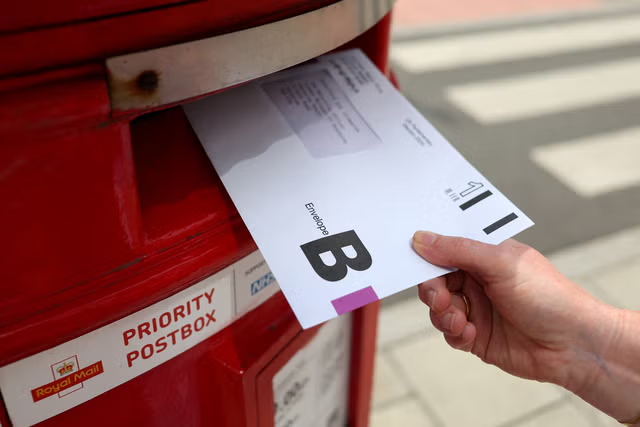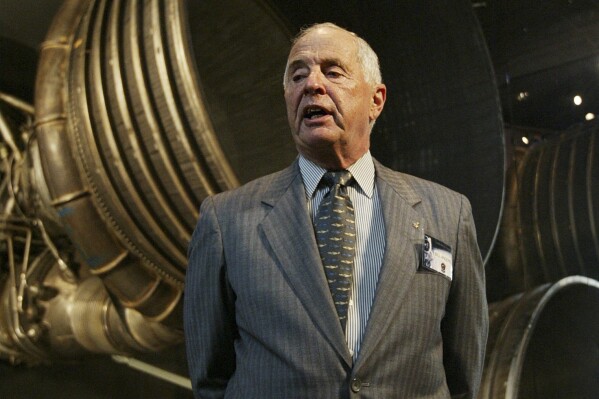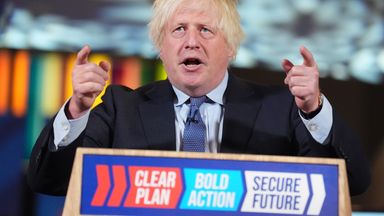Support truly
independent journalism
Support Now
Our mission is to deliver unbiased, fact-based reporting that holds power to account and exposes the truth.
Whether $5 or $50, every contribution counts.
Support us to deliver journalism without an agenda.

Louise Thomas
Editor
Nigel Farage and Reform have made the biggest splash on social media of any political party or politician this election.
The right-wing party and its leader have amassed more than 2.8 million reactions on Facebook since the start of the election, according to data analysed by Hootsuite, a social media analytics platform.
Mr Farage’s official Facebook page alone has garnered 2.1 million reactions and shares, with the Reform page taking 719,000. This marks by far the largest Facebook interaction rate for any party or politician.
By contrast, Rishi Sunak received just 270,000 Facebook reactions, while Labour’s Sir Keir Starmer attracted 300,000.
The Labour Party page has garnered 269,000 reactions since 22 May, when the election was called, while the Conservatives have gained just 163,000. The two parties’ combined Facebook engagements are at just 60 per cent of Reform’s
Mr Farage also leads engagement on X (Twitter), with 13.9 million likes and retweets; while his videos have been viewed a combined 39.4 billion times on the platform during the election.
Tweets from the Reform account are also the highest for party engagement, at 9.3 million interactions.
However, the Labour Party’s videos on X – including endorsements from Elton John — are the second most popular during the campaign, garnering 11.4 billion views, or 13.2 billion if combined with Sir Keir’s account.
This compares to 8.8 billion views for Mr Sunak and the Conservatives, 4.5 billion views for Reform alone, 4 billion views for the Green Party, and just 260.4 million views for Ed Davey and the Lib Dems.
Meanwhile, Mr Sunak has the highest engagement on Instagram (2.6 million) since the election was called, due in part to his large following on the platform – 3.6 million followers.
What does this tell us? Not much necessarily, other than the fact that Reform’s target audience is highly engaged on social media, particularly Facebook. It is also unclear how much this engagement will translate into material gains this week.
Crucially, while the party may have an increasingly wide reach on social media, it lacks concentrated support in most constituencies; with latest polls estimating Reform could win five seats at best.
But it is impossible to ignore that Mr Farage in particular has an online star-power which other politicians have failed to leverage, with even the prime minister making a tiny splash on social media in comparison.
Disclaimer: The copyright of this article belongs to the original author. Reposting this article is solely for the purpose of information dissemination and does not constitute any investment advice. If there is any infringement, please contact us immediately. We will make corrections or deletions as necessary. Thank you.



